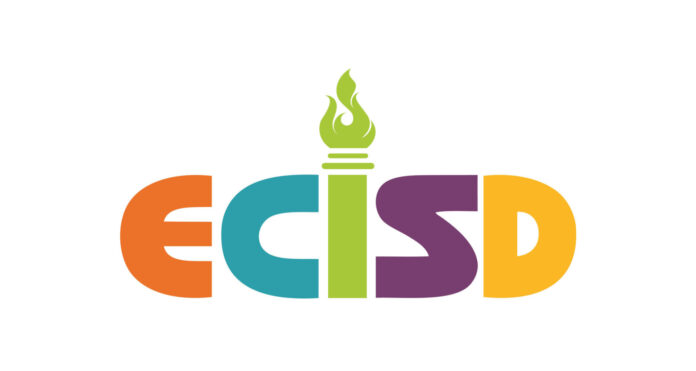Ector County ISD’s PICK Education program has numerous partnerships with universities and researchers including University of South Florida and syGlass, the virtual reality system.
The department and students have also gained notice for their research and have been invited to present at national conferences.
University of South Florida is a new partner with PICK Education and Chief Innovation Officer Jason Osborne said the venture was a year in the making.
“This will be a big partnership,” Osborne said.
“… The way the collaboration worked was we had multiple colleges that were trying to build a neuroscience curriculum for undergraduate studies and they’re trying to build the curriculum around a software platform that also looks at … what’s called neuron connectomes,” Osborne added. “This is the neurons within the brain, how they are connected together and looking at tissue volumes of brain data. The software that they’re using is CATMAID. … This software platform is an open source software, so it doesn’t cost anything for us to use … at all and then we have access to this many terabytes of data. The idea was for these undergraduate classrooms to study neuroscience within the software platform because you can manipulate tons of … open source data,” Osborne said.
This ties in with the work of students in Bernadette Barragan’s class at George H.W. New Tech Odessa that is studying fly brains using virtual reality.
Osborne said that if they learned neuroscience in high school, they would be leaving with a postsecondary experience and in some cases postdoctoral because they are working with the same data set that researchers use around the world.
An abstract was sent to the Society for Neuroscience, which was an international platform, and they accepted it, as did Cold Spring Harbor Laboratory.
It was accepted for the Society of Neuroscience Conference in November.
The Innovation Department also has a chance to send students to study at the Marine Biological Laboratory in Woods Hole, Mass.
“The Innovation Department recently had a conversation with Woods Hole and researchers up there and it’s very possible that it would cost nothing to send the students to woods hole for a week along with teachers to learn from researchers in their marine lab,” he said.
Students could help researchers answer questions in the lab.
“There’s a lot of people from around the world that go to Woods Hole to do research and there’s a lot of researchers that come in and out of that facility. The organisms that they study have lots of different questions and there’s tons and tons of data, so how can our kids be a part of that data analysis. That (sparks) interest (in) career opportunities, so it’s yet another way that we can provide real-world connections that just don’t exist in this area,” he added.
The object is to make as many opportunities available as possible.
“There are tons of opportunities here locally, but then (there are) many things that students and teachers have no idea about outside of our area, so we want to provide as many opportunities … as possible.”
He said Linda Hyman, director of education in the Marine Biological Laboratory at Woods Hole, and Jean Enright, manager of student affairs and undergraduate programs, also at the Marine Biological Laboratory, are excited to work with ECISD students.
“They love the idea of bringing folks in (from) far away like we are we’re all the way in Texas. It’s much easier to have local students come, but it’s a broader impact for them and the research to expand that. … That’s a fantastic opportunity,” Osborne said.
Coming up in April, Osborne, ECISD Board of Trustees President Tammy Hawkins and trustee Chris Stanley will present the virtual reality aspect of neuroscience at the national school board conference in San Diego.
“That’s a big deal to get in that national conference,” Osborne said.




